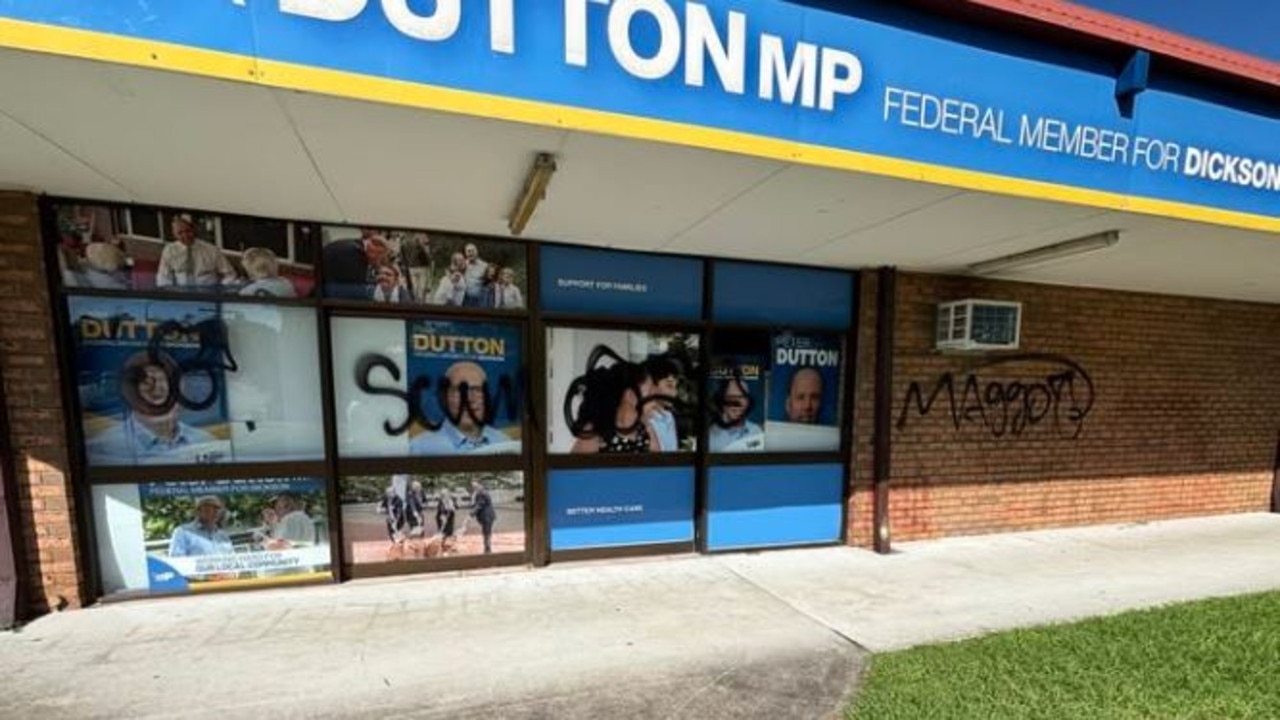Federal Election 2022: How crossbenchers will impact on the result
Crossbenchers will decide who forms government in what is predicted to be a tight election result based on a string of key demands.
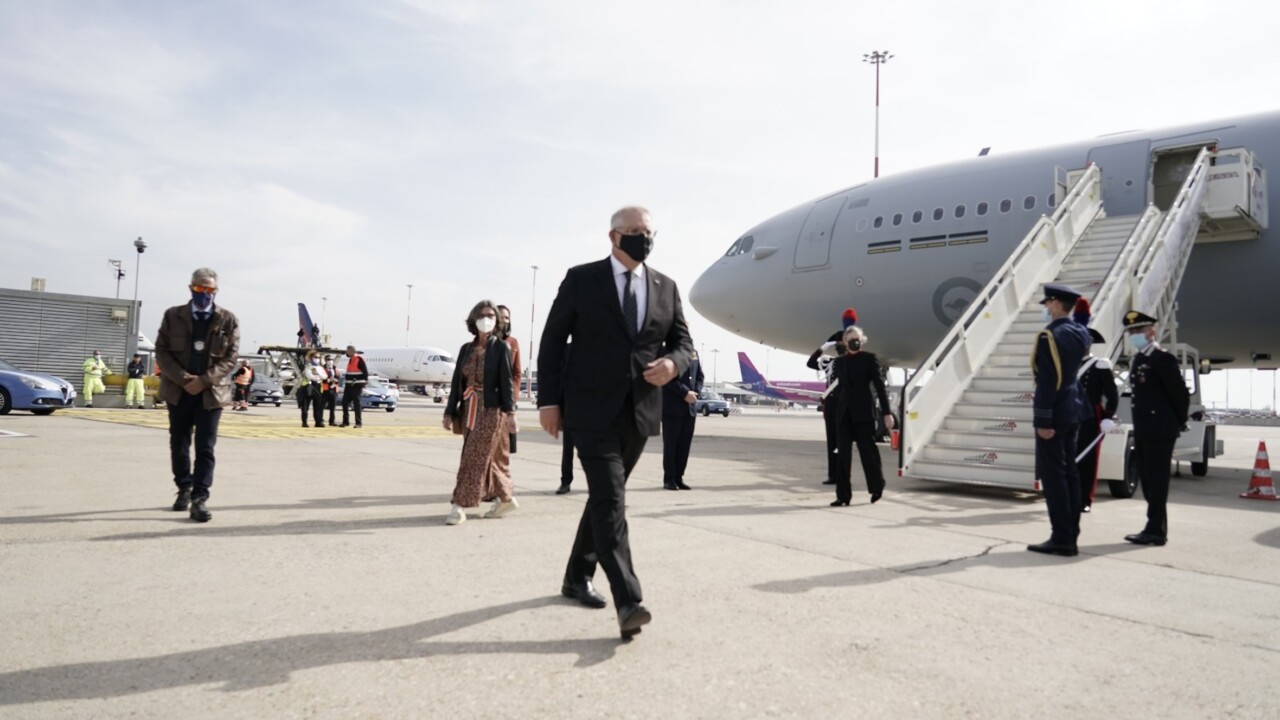
Federal Election
Don't miss out on the headlines from Federal Election. Followed categories will be added to My News.
Crossbenchers will decide who forms government after a tight election result based on demands including a missile defence shield, aged care reform, proper investment in regions and climate change action.
In a hung parliament, the seven minor party and independent MPs’ demands also include pumping money into regional healthcare, political donation reform and arming boys with rifles to safeguard national security.
Maverick Queenslander Bob Katter said he would issue three demands: creating a secure supply of petrol and electricity; a missile fortress to protect the country; and giving every boy a rifle in the local school armoury.
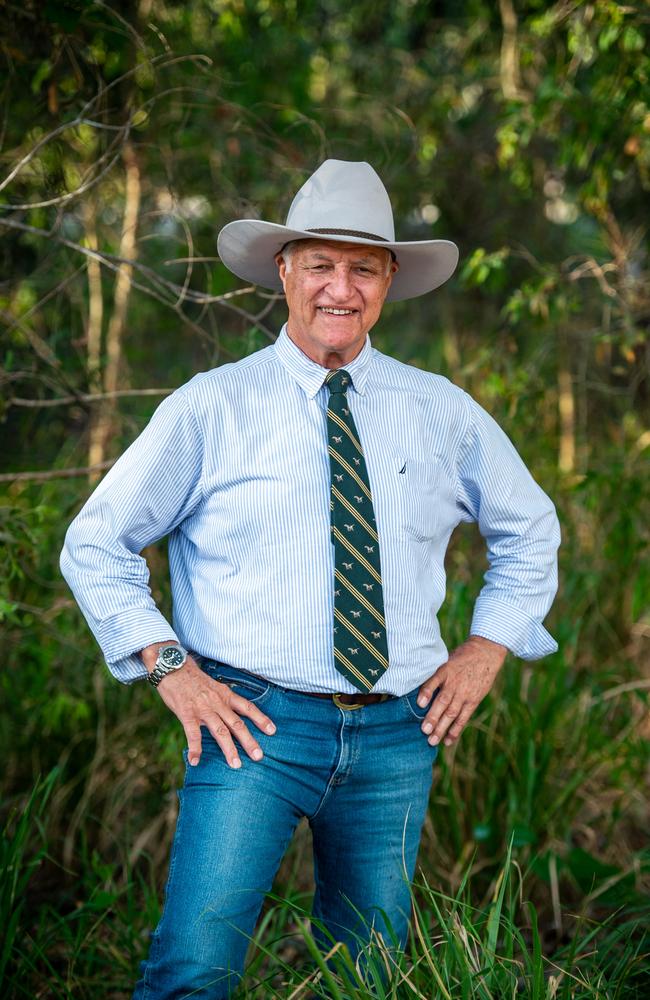
Mr Katter, whose Kennedy electorate includes Mount Isa and part of Cairns, said sovereign fuel and energy security was vital, highlighting that more than 40 per cent of electricity utilities were owned by China.
“So, if they close two or three power major power stations, then you’re on intermittent power. People don’t understand that – I do, because I’ve had cyclones. You can’t get any food. You need to buy food. You need your plastic if you haven’t got any cash around,” he said.
Mr Katter, who after the 2010 election said he would back a Coalition minority government, also urged construction of a “missile fortress wall”.
“The government has put some missiles in but the only hope of protecting the country is a missile fortress. If you can’t provide a defence for your country then you should not be the government,” he said.
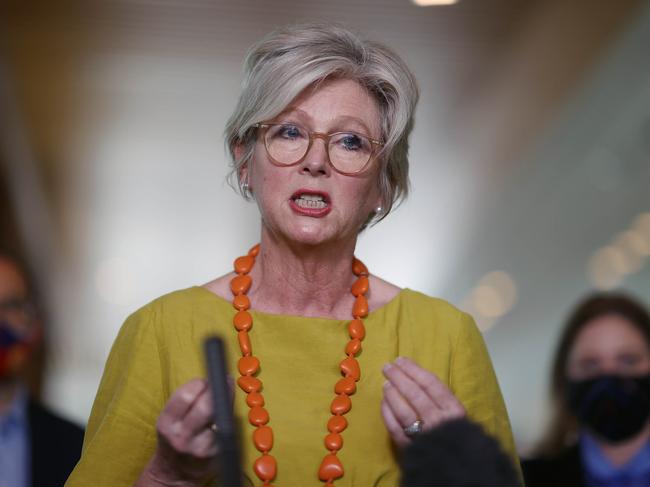
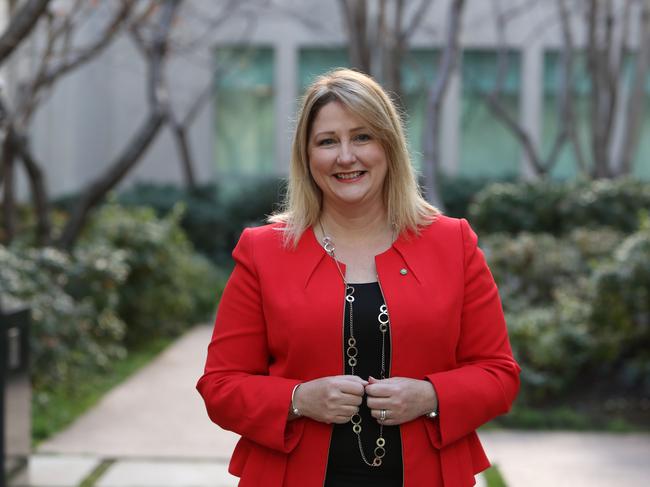
Centre Alliance MP Rebekha Sharkie, whose Mayo electorate includes the Adelaide Hills, predicted a hung parliament was “unlikely”.
But she said her priorities would include aged care reform, Murray Darling Basin water security in South Australia, a comprehensive plan for all regional Australia, political donation reform and climate change action.
“As with all matters, I am constantly consulting with my local community to ensure I am faithfully representing them,” Ms Sharkie said.
Independent Indi MP Helen Haines, whose northeastern Victorian electorate includes that state’s alpine region, said her actions in a balance-of-power situation “would be driven by my values and the issues that matter to the people of Indi”.
“ … I have always been clear about the issues that are important to Indi: a robust federal integrity commission that stamps out corruption in politics, real action on climate change that brings opportunity and investment into the regions, and proper investment in regional health and mental health care,” she said.

“Both major parties have a long way to go on these issues. Neither party has committed to addressing these issues immediately in a balance-of-power situation.”
Tasmanian independent Andrew Wilkie, whose Clark electorate includes Hobart, said he did not favour any political party.
“In the event that neither major party wins a majority of seats at the election, I will not do any formal deals and instead decide every issue on its merits, including questions of confidence and supply to any particular party,” he said.
Greens leader Adam Bandt, who holds the Melbourne electorate, declared he wanted to see a change of government and would not back the Coalition – even though Labor has ruled out a deal with his party.
“The Greens would demand that Labor stop opening up new coal and gas mines, because coal and gas are the main causes of climate change,” he said.
Independent Zali Steggall, who in 2019 ousted Tony Abbott from the Sydney northern beaches seat of Warringah, on March 31 said she had “grave concerns about Scott Morrison’s leadership” that had changed her 2019 intention to back the Coalition into minority government.
“I know there are deep, deep concerns within my community about some of the things that have occurred in the last three years,” she told the ABC’s Q+A program.
Asked if she might back the Coalition if there was a different Liberal leader, Ms Steggall said: “That is obviously an open possibility.”
Former Liberal turned United Australia Party MP Craig Kelly, who represents the Sydney seat of Hughes, did not respond to requests for comment but his party positions include abolishing national cabinet, researching nuclear power, buying US nuclear-powered submarines, and preventing social media platforms “censoring” Australian political debate.



